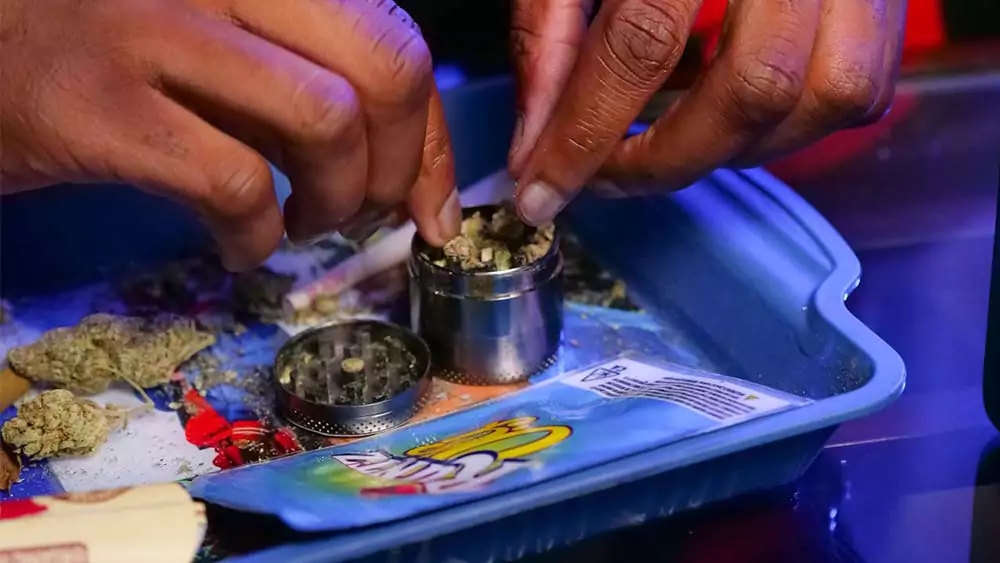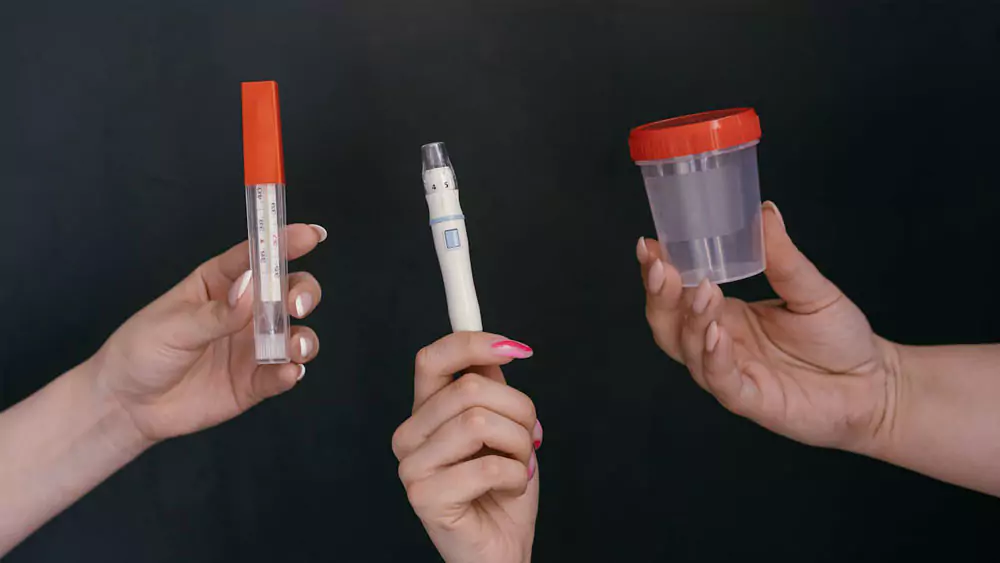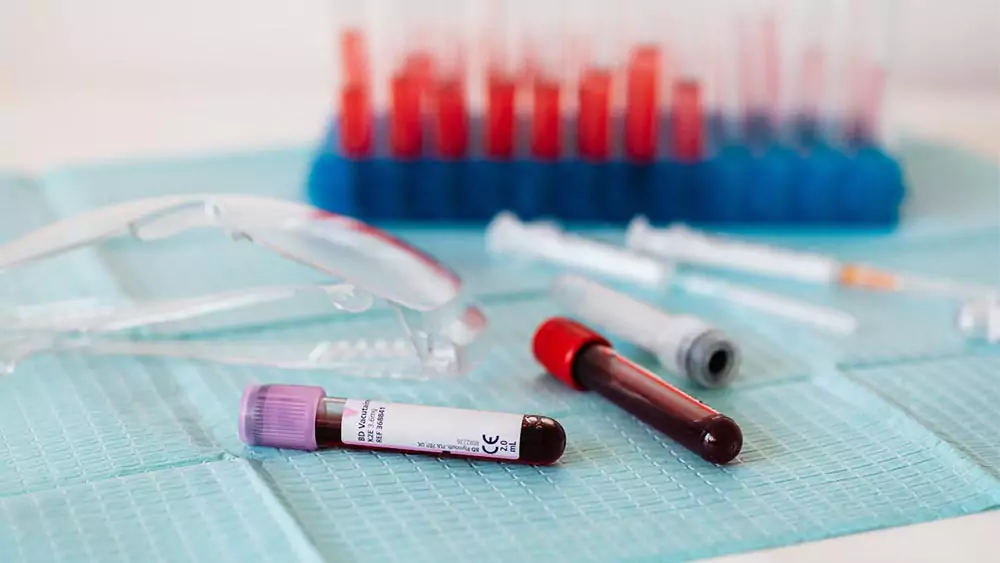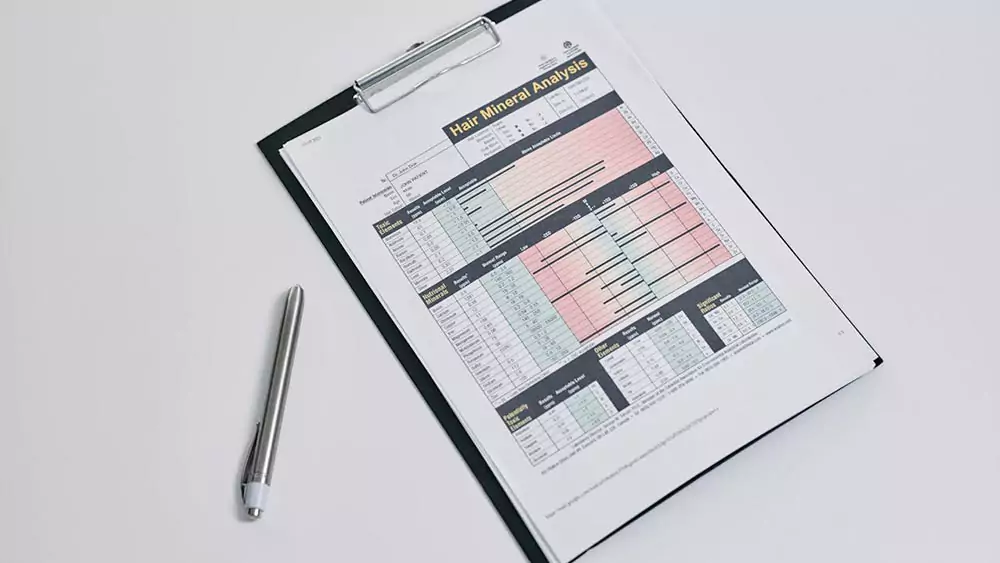Understanding the THC Detection Timeline: How Long Does Weed Stay in Your System?

Reviewed and medically verified by Dr. Matthew Nuesse on how long does weed stay in your system?, Certified DOT and Medical Examiner. Dr. Nuesse is committed to accurate medical information and does not promote or endorse recreational cannabis use.
If you’ve ever enjoyed some cannabis and then wondered, “How long does weed stay in your system?”, you’re not alone. Whether you’re curious for personal knowledge, worried about a workplace drug test, or have legal considerations, understanding the THC detection timeline is important. The short answer is: it depends. THC (tetrahydrocannabinol), the main psychoactive compound in weed, can linger in your body anywhere from a few hours to several weeks after use, depending on various factors. In this article, we’ll explain how cannabis metabolism works, what influences detection times, and break down how long THC can be detected in urine, blood, saliva, and hair.
THC Metabolism and Half-Life
Cannabis metabolism plays a key role in how long THC stays in your system. When you smoke or ingest weed, THC enters your bloodstream and is carried to your organs and fatty tissues. THC is fat-soluble, meaning it binds to fat molecules in the body. Your liver then breaks THC down into over 100 different metabolites. The most important of these is an inactive compound called THC-COOH (11-nor-9-carboxy-THC), which is what most drug tests look for. These metabolites are eventually excreted through urine and feces (in fact, a majority of THC is eliminated in stool, with a significant portion also in urine).
One reason weed can stay in your system so long is the half-life of THC and its metabolites. Half-life is the time it takes for half of a substance to be eliminated from the body. THC itself is metabolized relatively quickly, but THC-COOH has a much longer half-life – roughly 20 to 50 hours in occasional users, and 3 to 13 days in regular heavy users. This means that if you use cannabis frequently, THC metabolites accumulate in your fat cells and are released slowly over time. As a result, chronic users can have detectable THC byproducts in their system for weeks after last use, long after the initial high wears off.
Factors Affecting How Long THC Stays in Your System
There’s no one-size-fits-all answer for the THC detection timeline because many personal factors influence it. Here are some key factors that affect how long weed stays in your system.
- Frequency and Amount of Use: The more often and the more heavily you use cannabis, the longer it will take for your body to eliminate THC. A one-time user will clear THC much faster than a daily smoker. Repeated use leads to THC building up in the system.
- Potency of the Cannabis: High-THC strains or concentrates introduce more THC into your body than weaker strains or low-dose edibles. A stronger dose means more THC to metabolize and potentially a longer detection window.
- Body Fat and BMI: Since THC binds to fat, individuals with higher body fat percentages may store THC longer than lean individuals. Those with lower BMI have fewer fat cells to trap THC, so they might metabolize it a bit faster.
- Metabolic Rate and Genetics: Everyone’s metabolism is different. Some people naturally break down substances faster due to genetic factors or overall health. A person with a fast metabolism may eliminate THC more quickly, while someone with a slower metabolic rate will retain metabolites longer.
- Hydration and Diet: Dehydration can concentrate THC metabolites in the urine. Staying hydrated might slightly dilute urine THC concentration (though it won’t completely beat a drug test). Diet and exercise can also have minor effects – for example, exercise might briefly increase THC levels in the bloodstream by releasing stored THC from fat, potentially affecting test results if done right before testing.
- Method of Consumption: How you consume cannabis can influence how quickly THC enters and leaves your system. Smoking or vaping delivers THC to your blood almost immediately, while edibles take longer to be absorbed and processed through the digestive system. Edibles often result in a longer-lasting effect, but in terms of detection, the difference is not huge – they still produce the same metabolites, just on a slightly delayed timeline.
- Overall Health and Other Factors: Your age, liver function, and overall health can impact THC metabolism. Additionally, using other drugs or medications that affect liver enzymes might slow down or speed up THC breakdown.
Finally, the sensitivity of the drug test itself matters. Different tests have different cutoff levels for what’s considered a “positive.” Highly sensitive tests can detect very tiny amounts of THC metabolites, extending the detection window, whereas less sensitive tests might not catch trace levels after a certain time. Now, let’s look at how long weed can be found in your system based on the type of drug test.
1. Urine Tests: How Long Does Weed Stay in Your Urine System?

Urine testing is the most common method for detecting cannabis use. If you have to take a “weed urine test” for a job, this is likely the one. Urine tests don’t look for active THC, but for the THC-COOH metabolite mentioned earlier. Detection times in urine can vary widely based on usage patterns:
- One-Time Use: If you smoked or ingested cannabis just once, THC metabolites might be detectable in urine for up to about 3 days after use.
- Moderate Use (a few times a week): For someone who uses a few times per week, THC can typically be detected for 5 to 7 days after the last use.
- Frequent Use (daily): If you use cannabis daily, it may remain detectable for 10 to 15 days after you quit.
- Heavy Chronic Use (multiple times a day, long-term): For very heavy, long-term smokers or users, THC could be detectable for 30 days or more. In extreme cases, some reports have shown positive urine tests even around 45-60 days after last use.
In short, an occasional user might be clear within a few days, while a habitual user could test positive a month later. This wide range is why it’s tricky to give a single answer to how long weed stays in your urine.
If you’re concerned about passing a urine drug screen, time and abstinence are your best tools. There are a lot of myths about flushing your system, but drinking excessive water or using detox kits has limited evidence – at best, they might slightly lower concentration; at worst, they can be unreliable or even unsafe. The most reliable way to test your status is to check yourself. You can use an at-home THC urine test strips kit to see if THC is still showing up in your urine before you undergo an official test. Companies like Exploro offer highly sensitive urine test strips that allow you to monitor your THC levels privately. Using such a kit can give you an idea of whether your system is likely clear or if you might need more time before taking an employment drug test.
2. Blood Tests: How Long Does THC Stay in Your Blood System?

Blood tests for THC are far less common than urine tests (often used in special cases like accidents or DUI investigations) because THC leaves the bloodstream relatively quickly. After you use cannabis, THC circulates in your blood for only a short period before it is metabolized and stored in fat or excreted. Active THC in blood is usually detectable for only a few hours. For example, an occasional user might have detectable THC in blood for up to 12 hours or so. Heavy users could have it a bit longer – some sources suggest possibly up to 24 hours in chronic users – but it’s generally gone within a day for most people.
There have been rare cases where heavy, long-term users still showed trace THC in blood even after a couple of days, but this isn’t the norm. Typically, within 24 hours of your last toke, a blood test is unlikely to find active THC if you’re a moderate user. (Note that blood tests can sometimes also detect THC metabolites, but even those don’t linger in blood the way they do in urine.)
Because of this short detection window, blood tests aren’t favored for routine drug screening; however, they might be used if an employer or authorities want to know if you’re currently under the influence or have used very recently. If you’re facing a blood test, the good news is weed won’t stay in your blood for long – but the only sure way to pass is to not have used in the day or two before the test.
3. Saliva Tests: How Long Does THC Stay in Your Saliva?
Saliva tests (mouth swabs) are another method, often used for roadside testing or very recent use detection. THC can enter your saliva through smoking (particles in your mouth) or from your bloodstream into your salivary glands. However, THC metabolites appear in saliva primarily when you’ve actually consumed cannabis (you won’t test positive just from secondhand smoke, unless the exposure was extremely heavy).
For most users, THC is detectable in saliva for about 24 hours after use. That means if you smoked today, a saliva test could likely pick it up today and maybe into tomorrow. If you’re an occasional user, after one day, you’re usually in the clear. Frequent or heavy users, however, can have a longer saliva detection window. Some studies have found that in daily heavy smokers, THC was still detectable in oral fluid up to 48-72 hours (2–3 days) after the last use. This is on the longer end, and most people wouldn’t test positive in saliva after the 48-hour mark unless they are very frequent users.
Saliva tests are looking for the parent THC compound, not just metabolites, and they are pretty good at indicating recent consumption. In places where cannabis is illegal, police may use saliva tests to check drivers for recent use because the test will mostly catch someone who used in the last few hours or days.
If you have a saliva drug test, plan to abstain for at least a couple of days to be safe. Also, good oral hygiene (brushing, mouthwash) can help remove residue from the mouth, though it won’t clear THC from your saliva glands any faster. Like with other tests, only time will truly clear it out.
4. Hair Tests: How Long Does Weed Stay in Your System and Hair?

Hair follicle testing is known for having the longest detection window. When you use cannabis, tiny amounts of THC and its metabolites enter your bloodstream and can be deposited into the hair follicles under your scalp. Additionally, traces can get into hair through sweat and oils on your skin. As the hair grows, those traces get locked into the hair strand.
Hair tests can potentially detect THC use for up to 90 days (around three months) after your last use. In fact, 90 days is the typical timeframe labs look at, because an average person’s hair grows about 0.5 inches per month. A standard hair drug test usually takes a 1.5-inch sample of the most recent hair growth from near the scalp, which represents roughly the past three months of potential drug use.
It’s important to note that hair tests show long-term patterns rather than recent use. It takes about 7-10 days after you use cannabis for the hair containing THC to grow out of the scalp enough to be cut and tested. So a hair test likely won’t detect a smoke session from two days ago. But if you were using cannabis a month or two ago, it could very well show up.
Hair testing is not used as often as urine testing because it’s more expensive and it doesn’t detect recent usage. However, some employers or insurance companies use hair tests to check for habitual or past drug use. One-time or very infrequent use might not always trigger a positive hair test, especially if the dose was low, but there’s no guarantee – some light users have still been flagged by hair tests. On the flip side, environmental exposure (like being in a room with people smoking) is unlikely to cause a positive hair test unless that exposure was intense and repetitive, because the test looks for metabolites incorporated in the hair shaft.
If you’re facing a hair follicle test, be aware that any regular cannabis use in the last few months could be detected. Treatments like special shampoos claim to cleanse hair of drugs, but their reliability is questionable at best. Labs also wash hair samples to avoid external contamination. As with other tests, the only foolproof way to pass is to refrain from use – in this case, for at least 3+ months, which is why hair tests are mainly used to identify long-term users.
Final Thoughts:
So, how long does weed stay in your system? It varies from person to person. It could be just a day for a saliva test, or several weeks for a urine test in a heavy user, or even months if we’re talking hair. Understanding these timelines can help you make informed decisions, especially if you know a drug screening is on the horizon. Keep in mind that there is no quick fix to magically flush THC out of your body overnight. Your body needs time to metabolize and eliminate the cannabinoids.
If you’re a regular cannabis consumer worried about an upcoming test, the best approach is to stop using as soon as possible and give your body time to clear out the THC. Consider using tools like at-home test strips to monitor your status. And remember, nothing here is meant to encourage illegal use of cannabis; it’s about providing accurate information so you can stay informed and responsible. Knowing the factors affecting THC detection and the typical detection windows for each type of test, you’ll be better prepared and less likely to be caught off guard. Stay safe and informed!

news via inbox
Sign up and never miss out on the latest news and updates at HighStuff




